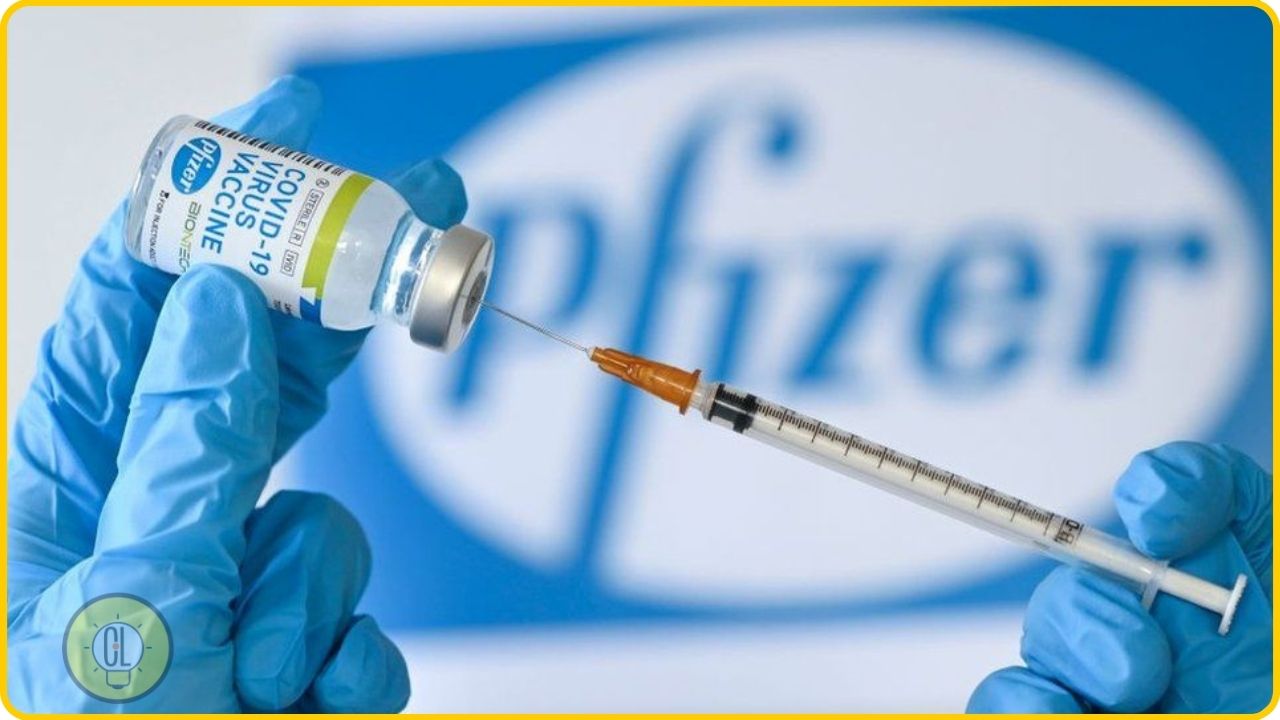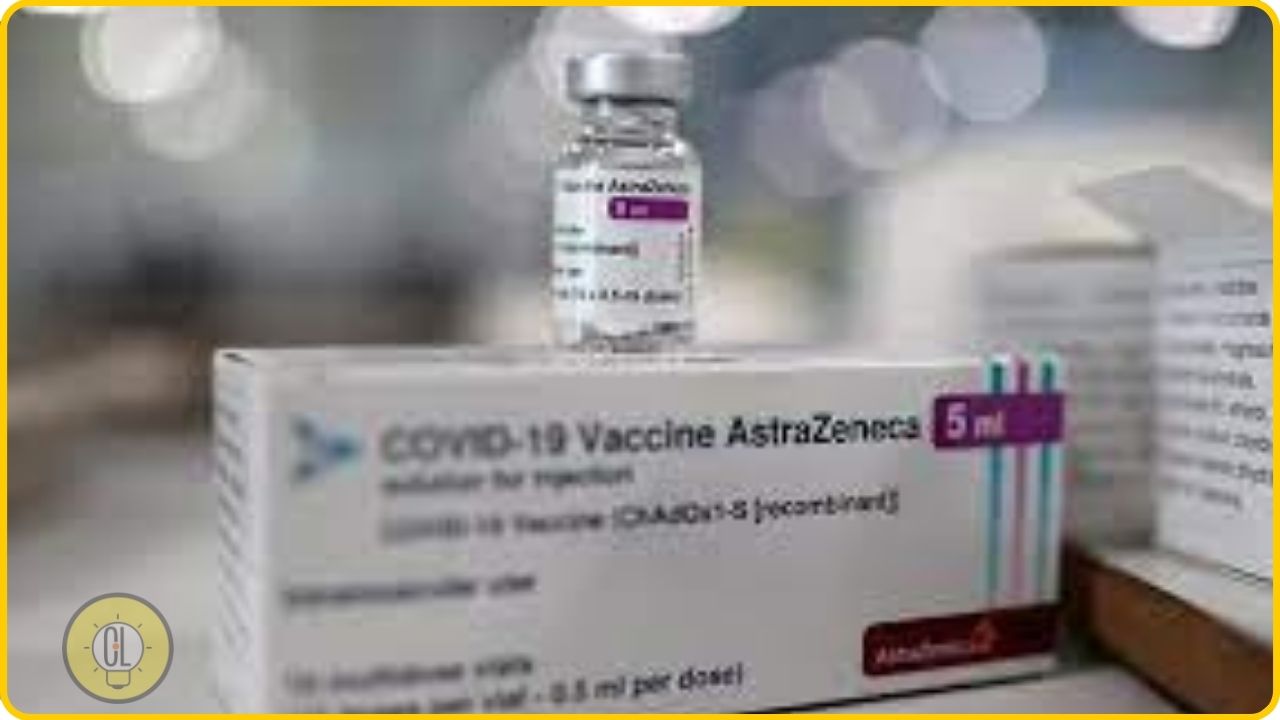Are you looking forward to taking your first Covid-19 vaccine? Well, there are more than one vaccines that you can choose from. While all the vaccines available in the market underwent rigorous testing, you may still be interested in knowing how effective they are and their possible side effects.
In this Chlorine post, we will take a look into the side effects of four of the most popular ones namely, Pfizer, AstraZeneca, Moderna, and J&J.
Popular Coronavirus Vaccines and Their Side Effects
Below are the three widely administered coronavirus vaccines with their possible side effects.
Pfizer Vaccine – Possible Side Effects

The Pfizer vaccine is a preparation that is administered in two doses. Its effectiveness is over 90%. The manufacturers’ manual mentions the following possible side effects.
Reported symptoms with the Pfizer vaccine include:
- Pain at the injection site.
- Fatigue.
- Headache.
- Muscle pain.
- Chills.
- Arthralgia.
- Fever.
- Swelling at the injection site.
- Redness at the injection site.
- Nausea.
- Bad mood.
- Enlarged lymph nodes (lymphadenopathy).
Health professionals also advise considering possible allergic reactions. Such allergic reactions generally occur with an hour of administration.
Symptoms of a severe allergic reaction to the coronavirus vaccine include:
- Difficulty with breathing.
- Swelling of the face and throat.
- Increase in the heart rate.
- Severe rash all over the body.
- Dizziness and weakness.
Related: How to Prevent Coronavirus? Strengthen Your Immune System to Fight Back
Moderna Vaccine – Possible Side Effects

The Moderna vaccine works in a similar way to Pfizer. Two doses of Moderna are required to achieve resistance to the virus. The effectiveness of this preparation is over 90%.
Possible side effects:
- Pain, tenderness, and enlargement of the lymph nodes in the vaccinated arm.
- Swelling (hardening) and redness.
- Fatigue.
- Headache.
- Muscle pain.
- Pain in the joints.
- Chills.
- Fever.
A severe allergic reaction that may occur within an hour of administration include symptoms such as:
- Difficulty breathing.
- Swelling of the face and throat.
- Faster heart rate.
- Severe rashes all over the body.
- Dizziness and weakness.
The manufacturer advises not to administer the drug to people who have any allergic reaction to the active vaccine ingredients.
The following conditions may tell if you will have an allergic reaction to the vaccine:
- You have ever had a severe, life-threatening allergic reaction after injection of any other vaccine or after receiving COVID-19 Vaccine Moderna in the past.
- You have a weakened or impaired immune system.
- Have ever fainted after inserting any needle.
- You have a coagulation disorder.
- Mild fever or an upper respiratory infection such as a cold.
- You have any serious illness.
- You have injection anxiety.
AstraZeneca Vaccine – Possible Side Effects

The AstraZeneca vaccine is the most controversial among all the preparations approved for use in the European Union. It is a vector preparation administered in two doses, and its effectiveness is approx. 80% (while the effectiveness of protection against the severe course of COVID-19 – 100%).
Following are the possible side effects of AstraZeneca:
- Feeling tired (weariness) or generally feeling unwell.
- Chills or a feeling of fever.
- Joint pain or muscle pain.
- Swelling or redness at the injection site.
- Fever (> 38 ° C).
- Vomiting or diarrhea.
- Drowsiness or dizziness.
- Enlarged lymph nodes.
- Excessive sweating, itchy skin, or rash.
The manufacturer also mentions the symptoms of a strong allergic reaction. If they appear, the patient should seek immediate medical attention.
Please call the emergency if you notice any one or more of the following allergic symptoms appear:
- Feeling faint or light-headed.
- Heart arrhythmia.
- Dyspnoea.
- Wheezing.
- Swelling of the lips, face, or throat.
- Hives or rash.
- Nausea or vomiting.
- Abdominal pain
When not to get the AstraZeneca vaccine? The manufacturer advises not to administer the vaccine if the patient is allergic to the active substance or any of the other ingredients in this vaccine.
Related: How to Prevent Coronavirus? Strengthen Your Immune System to Fight Back
Johnson & Johnson Vaccine – Possible Side Effects

Johnson & Johnson vaccine is the fourth preparation approved for use in the European Union. It is a single-dose preparation, its effectiveness estimated at 66%.
As with other COVID-19 vaccines, Johnson & Johnson can also have side effects. Following possible side effects may follow the vaccination:
- Pain, swelling, or redness of the skin after injection.
- Fatigue.
- Muscle pain.
- Fever.
- Nausea.
With the Johnson & Johnson vaccine, severe allergic reactions similar to those associated with the Pfizer and Moderna preparations have also been reported rarely.
The European Medicines Agency, after reports from the US, also investigated the link between J&J vaccination and the occurrence of blood clots. It turned out a possible link, but unusual blood clots are very rare.
